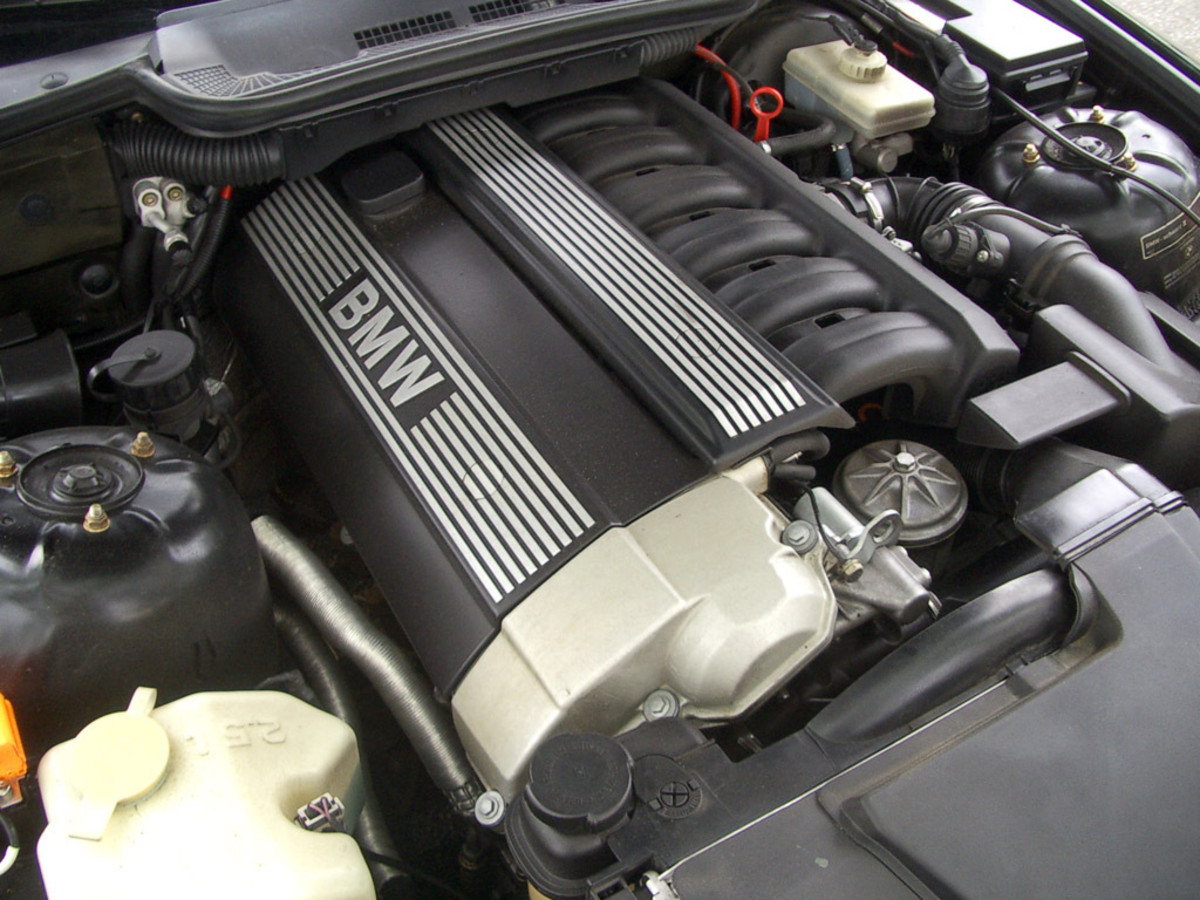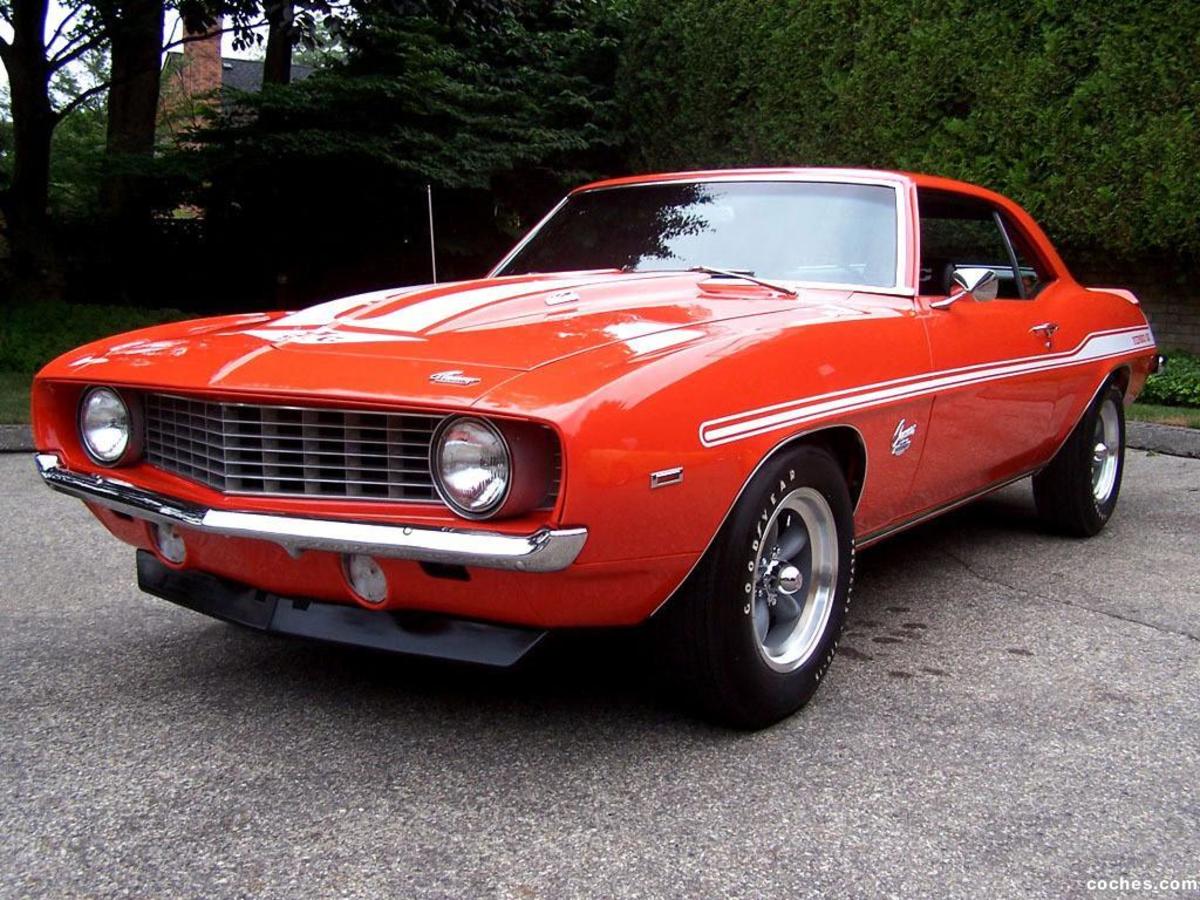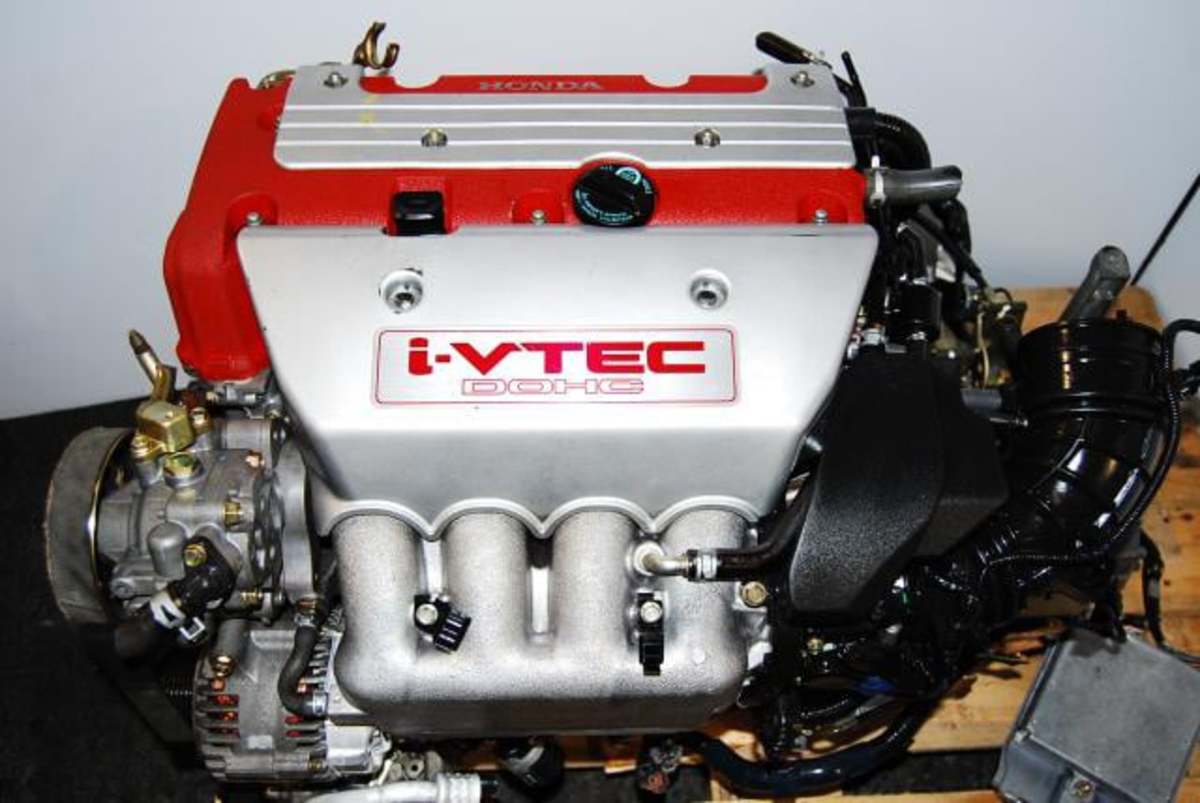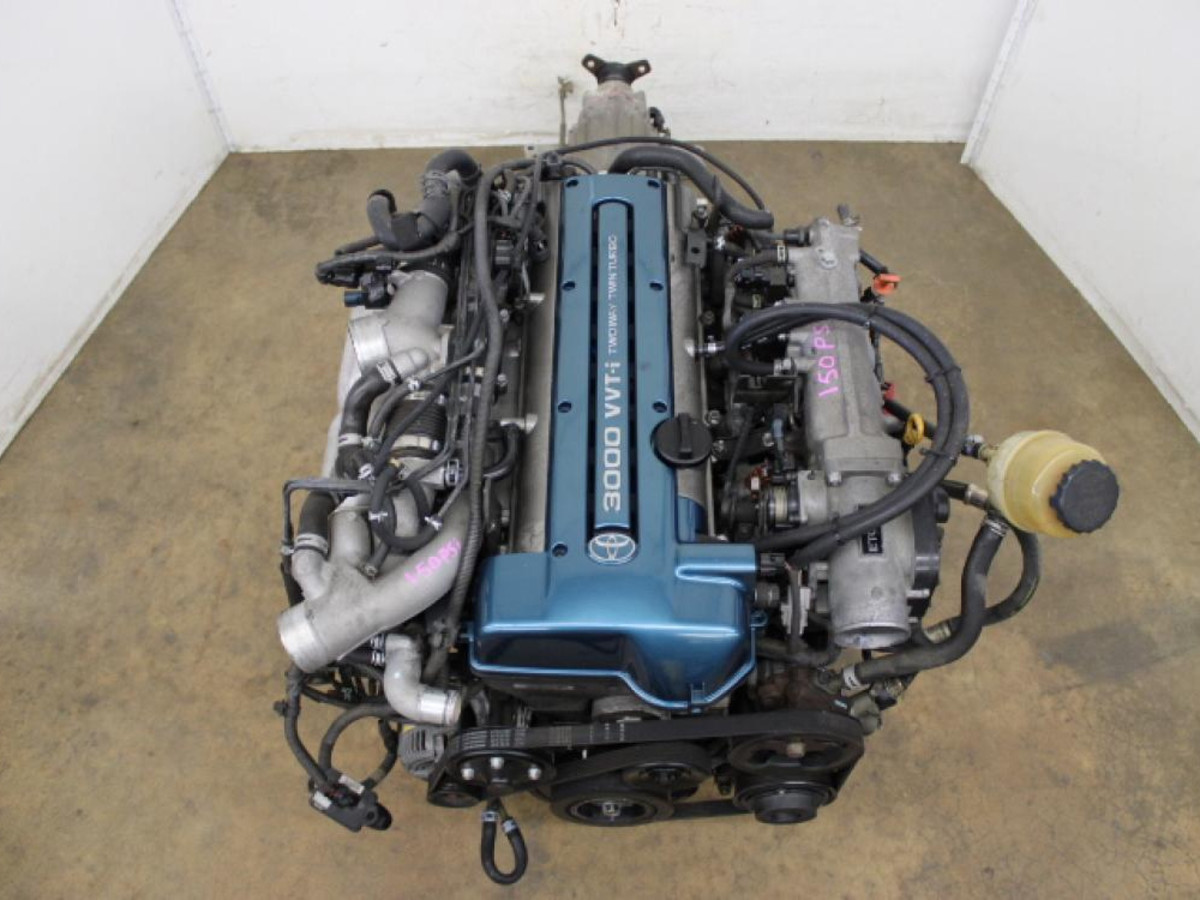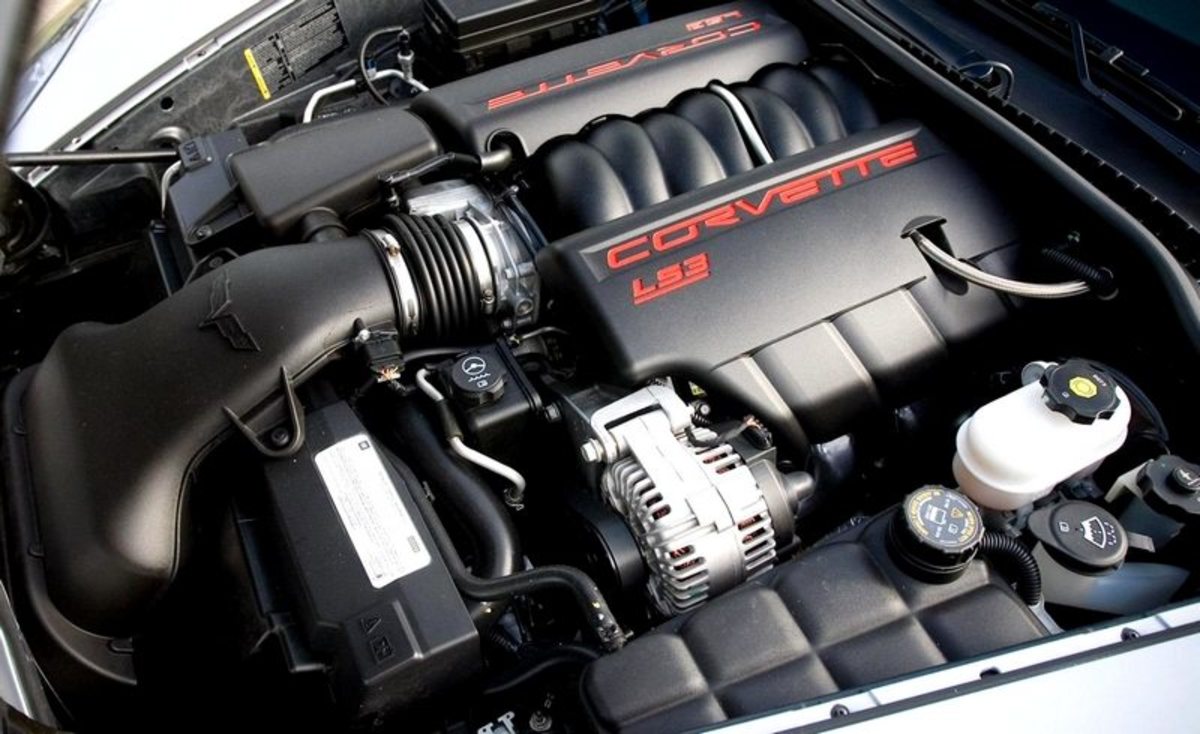Death of the petrol engine
Long-lived history of petrol cars coming to the end?
At present, as a global population, we use 96 million barrels of it every day and at this rate of consumption, it would last us only another fifty years according to BP estimates. Regardless of our opinions of it, it seems that we are unable to live without it.
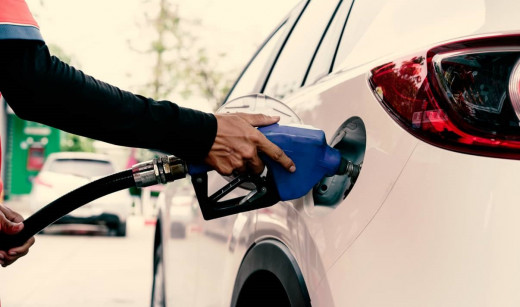
Unstable prices of petrol
Prices of petrol vary from one country to another they are as low as 0.02 Euros per liter all the way up to 1.9. The constant fluctuation of these prices is not favoring them at all. Compared to electricity prices which are considerably lower all around the world. With statistics like that it starts to become a lot more clear why petrol-powered cars are beginning to get hit with a wave of "affordable" electric-powered vehicles.
"Second best safety ?"
Are petrol cars really second-best in the safety department? Falling behind electric vehicles? That is a hard question to answer, but what we know so far is that most BEVs are structurally safer than conventional cars. Overall, they have fewer components needed to run the car, meaning less wear and tear and less space used within the infrastructure of the vehicle. This allows a rethink of some of the safety features we take for granted today and puts ICE cars at a disadvantage.
"Raw" performance!
Performance is a big department which at first glance seems to be dominated by electric vehicles. There is no doubt electric cars have insane amounts of torque and their acceleration numbers simply shatter the ones found even in a petrol supercar. We don't need to look any further than Tesla's very own Model 3 it performs at the level of a $70,000 plus german Performance car. 0 - 60 number in the low 3-second mark is something that just a few years back seemed to be reserved for only the most powerful supercars and yet Tesla has achieved that with electric power only in a sedan that costs roughly 50,000 USD.
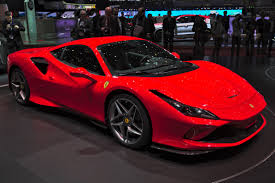
Countries want to ditch gas and diesel cars
At least 10 other countries have set sales targets for electric cars. Austria, China, Denmark, Germany, Ireland, Japan, the Netherlands, Portugal, Korea, and Spain have set official targets for electric car sales. The United States doesn't have a federal policy, but at least eight states have set out goals.
Electrical cars and hybrids at the end of the day only account for about 3% of the automotive market. France announced earlier this month that it wants to end sales of gas and diesel-powered vehicles by 2040 as it fights global warming.
China which buys more cars than any other country is also the largest electric car market. China accounts for more than 40% of the electric cars sold in the world and more than double the number sold in the U.S., according to the IEA.
Around the world, 95% of electric cars are sold in only 10 countries: China, the U.S., Japan, Canada, Norway, the U.K., France, Germany, the Netherlands, and Sweden.
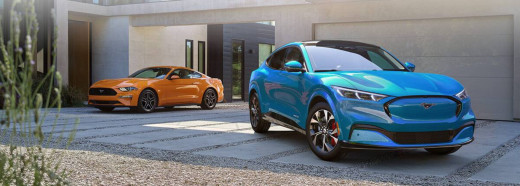
Petrol cars still have a future!
Even if electric cars as posed as being better, it is unlikely for petrol cars to be extinct overnight, simply because many people will not trade in their current motor. This simple detail alone means fuel cars will remain in use for at least a few more generations. With 1.2 billion cars on the planet - even if manufacturers all stopped producing fuel-using cars tomorrow, the resale market would stay alive and the demand worldwide to keep these cars going would mean fuel would still dominate as the main source of car energy! With that in mind, it is really a big question, given how fast car manufacturers are moving to electric. Just this year, Volvo announced that they would stop making cars powered only by combustion engines by 2020 and Mercedes said to manufacture electric versions of all their cars by 2023.
As the leading car manufacturers are pushing towards electric power, analytics think there is a middle path. Studies have shown that the perfect ration can exist between electric and petrol-powered cars, as if they both exist on the markets it would even out the spacing between gas prices and level out the electric consumption in a lot of countries, making it a better economic environment for both parties. Those plans are far from reality for now as electric cars only represent 3% of the car market and talking about the undeniable death of the petrol engine is too soon.
This content is accurate and true to the best of the author’s knowledge and is not meant to substitute for formal and individualized advice from a qualified professional.
© 2020 Marc Rebuilette



